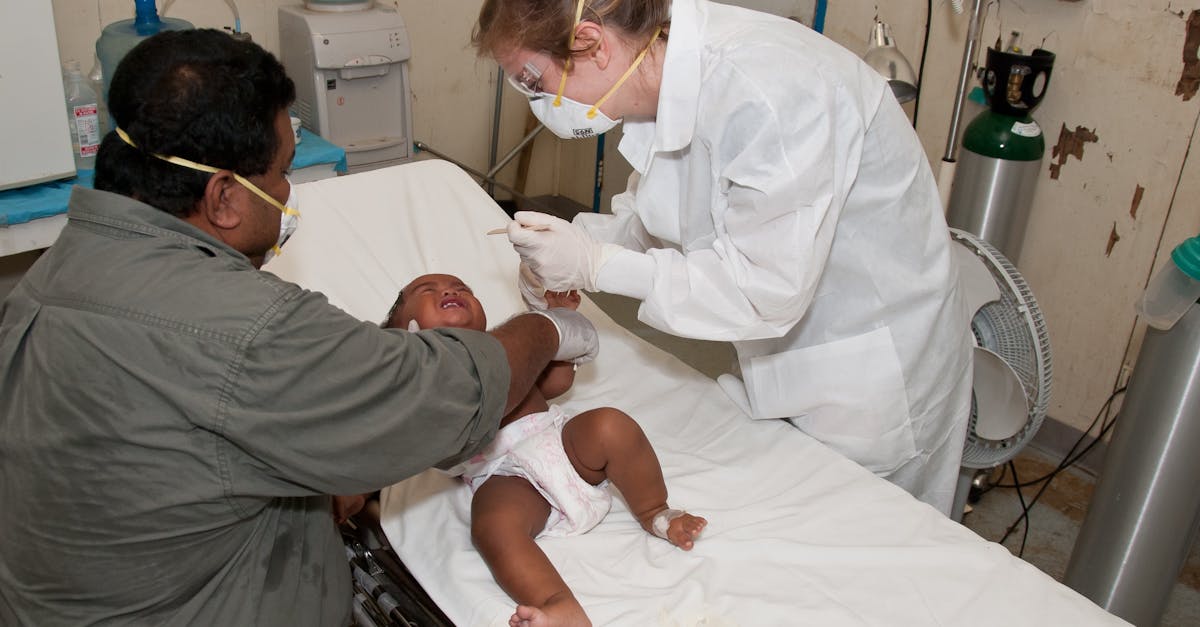Let’s Break Down the Basics
Welcoming a new baby is thrilling but can also send your finances into a tailspin. Between diapers, clothes, and baby gear, costs add up fast. However, fear not! We’ve got some savvy tips that will help you snuggle up to savings without compromising on care. First rule of thumb? Budget, budget, budget. Before baby makes three (or more!), lay out all expected expenses. Pro tip: include a buffer for those ‘oops’ moments. Trust me, they’ll happen.

By being prepared and planning your finances smartly, you can enjoy the precious moments with your little one stress-free. Remember, a little financial planning can go a long way in securing a healthy and happy future for your growing family!
Second-Hand Can Be a First-Rate Choice
Why buy new when gently used will do? Babies outgrow things faster than you can say ‘growth spurt.’ Gear up by visiting consignment stores, garage sales, or online marketplaces. You’ll be amazed at the high-quality finds for a fraction of the cost. I once snagged a designer baby stroller (yes, they’re a thing) for half the retail price. The previous owner? A one-baby wonder who barely took it around the block.

Embrace the world of pre-loved items and give them a new home. Not only will you be saving money, but you’ll also be contributing to a more sustainable shopping practice. Second-hand doesn’t mean second-rate, it just means a smarter choice!
The Great Diaper Debate: Cloth vs. Disposable
Diapers are non-negotiable, but the type of diaper you choose can significantly affect your budget. Cloth diapers, while pricier upfront, can be reused and are kinder to the environment. However, they require more work. Disposables, on the other hand, offer convenience at a cost. To save, consider a hybrid approach—cloth at home, disposable when out and about. And stock up during sales!

When it comes to choosing between cloth and disposable diapers for your baby, there are several factors to consider. Both options have their pros and cons, so it ultimately depends on what works best for your family and lifestyle.
- Cloth Diapers: Environmentally friendly, cost-effective in the long run, reusable, but require more maintenance.
- Disposable Diapers: Convenient, no washing required, easy to use, but can be more expensive over time and generate more waste.
Some parents find that a combination of both types of diapers works well for them. They use cloth diapers at home to reduce costs and environmental impact, and disposable diapers when they are traveling or on-the-go for convenience.
Regardless of your choice, always consider your budget, time, and the environmental impact when deciding between cloth and disposable diapers for your little one.
Meal Prep Magic: Saving on Baby Food
Making your own baby food is easier than you think and can save you bundles. With a blender and some fresh ingredients, you’re set. Start simple with pureed fruits and veggies.
Not only is it cheaper, but you also control what goes in, ensuring your baby gets the best.
Once you get the hang of it, you’ll wonder why you ever considered store-bought jars.
Bonus: it’s also incredibly gratifying to see your baby enjoy something you made.

Healthcare Hacks: Keeping Costs in Check
Babies require healthcare, from vaccinations to regular check-ups. Save by exploring healthcare plans and government programs designed for new parents. Ask your pediatrician about options to reduce costs without compromising on care. Some clinics offer sliding scale fees based on income, and many communities have programs offering discounted or even free vaccines. Remember, preventive care now can save on healthcare expenses down the line.

Social Savings: Leverage Your Community
Never underestimate the power of your community. From hand-me-downs to babysitting co-ops, community resources can be a treasure trove of support. Join local parent groups, both in person and online, to share tips, goods, and services. Organize a baby-goods swap. Embrace social networks for emotional support; parenting can be tough, and it helps to know you’re not alone. Plus, these networks can lead to great money-saving advice and resources.

